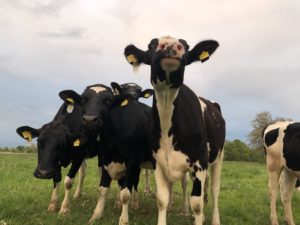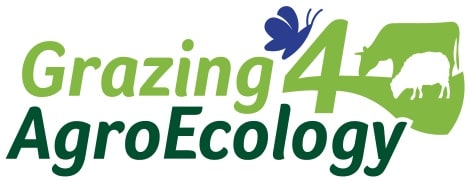'Grazing is beneficial to farmers and society through agroecological innovations'
Grazing4AgroEcology – An European Network to promote grazing and to support grazing-based farms on their economic and ecologic performances as well as on animal welfare
The Future of Grazing in Europe – Grazing4Agroecology Policy Session
February 10, 2026 at Copa-Cogeca, Brussels
Details: Here
Register by January 26, 2026 for on-site participation: Registration Form
Conference on Conflicting Goals
October 7, 2025 at Linnaeus University, Kalmar, Sweden
Details: Here
Register by September 23, 2025 for on-site participation: Registration Form
(The registration form will be opened until October 2nd for online participation.)
Farmers Competition
The Grazing4Agroecology competition aims to promote innovations and performance in grazing for agroecology within each member state.
The competition recognizes farmers who are optimizing grazing to improve the five principles of agroecology within their animal production systems:
-
-
- Adopting management practices that aim to improve animal health
- Reducing the inputs required for production
- Reducing pollution by optimizing the biogeochemical functioning of farming systems
- Enhancing diversity within animal production systems to strengthen their resilience
- Preserving biodiversity in agro-ecosystems by adapting management practices
-
The competition is organized in each member state!
Survey for livestock farmers
We like to understand how livestock farmers assess opportunities and challenges for the adoption of grazing management innovations.
We aim to understand the opportunities and challenges of adopting new grazing management practices for farmers. Based on the given answers, we will work further to reduce the barriers to grazing and to promote it in a more targeted manner both economically and politically.
The survey takes about 10 minutes and is available until 15th of March 2024.
So if you are a livestock farmer, let us know what you think about five grazing innovations!

Grazing4AgroEcology (G4AE) is an EU funded project aiming to restore farmer confidence and that of the agricultural industry in the production performance and competitiveness of grazing by promoting agroecological innovations for sustainable grazing management. G4AE directly support some of the EU Green Deal objectives: biodiversity restoration, reduction of nutrient losses and reduction of GHG emissions.

Grazing-based agricultural production systems have the capacity to produce high quality foods, to be beneficial to the competitiveness of farmers and animal welfare, as well as for other ecosystem services that are widely appreciated by our society. However, for many reasons grazing is generally declining in Europe, which is a threat for many ecosystem services.
The farmer and the farming community are at the centre of a multi-actor network that addresses the entire grazing Agricultural Knowledge and Innovation System (AKIS), including science and practice, Operational Groups (OGs), non-governmental organisations (NGOs), advisors, as well as consumers and citizens.
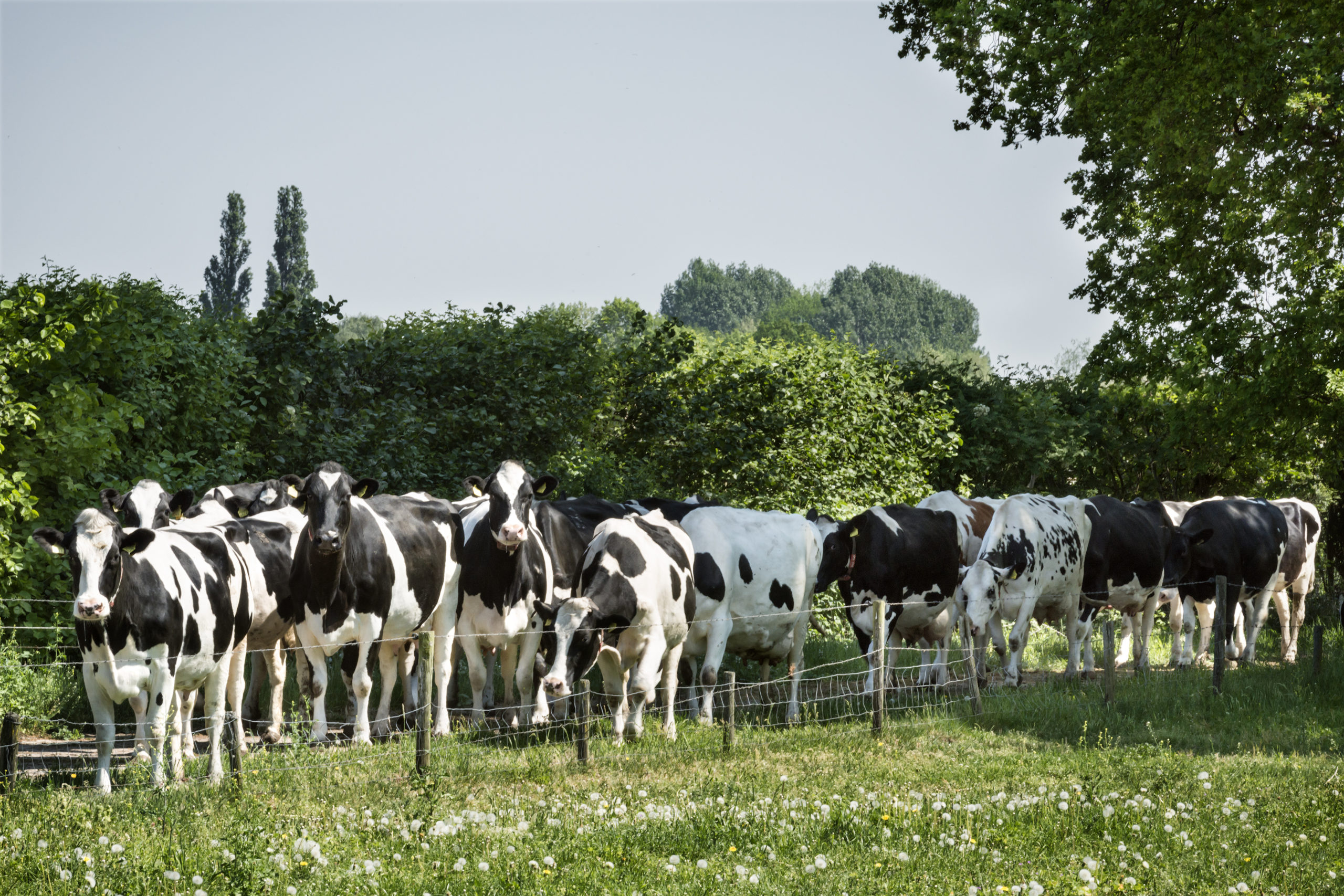
Coordinated by the Grünlandzentrum, Germany, G4AE runs for three and a half years (September 2022- February 2026). The consortium comprises 18 partners from eight EU Member States (France, Germany, Ireland, Italy, the Netherlands, Portugal, Romania & Sweden) to represent a wide range of grazing practices.
PROJECT DESCRIPTION

OUR APPROACH

COUNTRIES
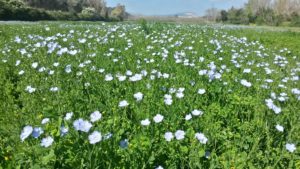
STRUCTURE
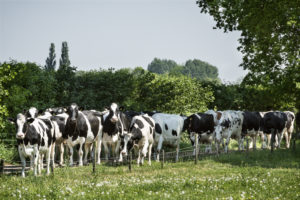
EVENTS
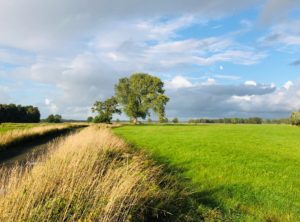
INNOVATIONS
